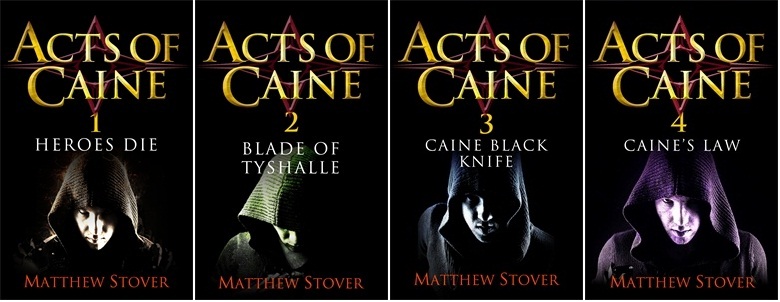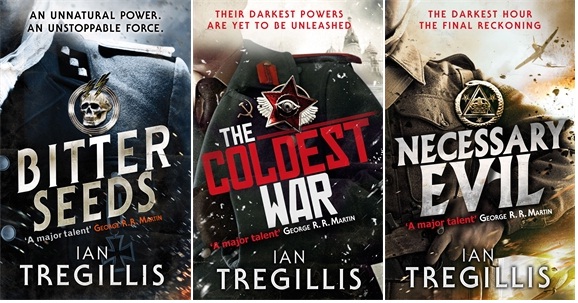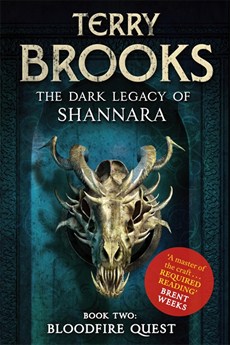“I Don’t Mind Being Punched in the Face” – by Matthew Stover
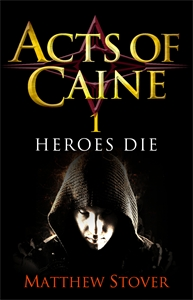 The Good Folk at Orbit invited me to write another post for the site here, and my editor suggested I might touch on my experience as a student – and occasional instructor – of martial arts, and how that study has influenced my work, especially in the Acts of Caine.
The Good Folk at Orbit invited me to write another post for the site here, and my editor suggested I might touch on my experience as a student – and occasional instructor – of martial arts, and how that study has influenced my work, especially in the Acts of Caine.
People who enjoy my work often speak of how much they like the way my books depict personal combat – one prominent blogger memorably commented that “All of Stover’s heroic fantasies offer fight scenes of such crippling power that they risk hospitalizing incautious readers” – and many fans and reviewers attribute this to my (presumed) martial arts expertise. Which is true to a degree, though somewhat misleading. It does help – but perhaps not in the way you might expect.
For example, the arrow of causation points mostly in the other direction. I don’t do fight scenes because I love martial arts, I do martial arts because I love fight scenes.
And let’s be clear: what makes a fight scene good has very little to do with choreography. A good fight scene does everything a good scene of any type does: engages imagination, reveals character, advances plot and illuminates theme. There are, in my novels, a lot of fight scenes (‘cuz like I said, I love ‘em) and many of them do not involve characters most readers would recognize as highly-trained martial artists. Caine is one, yes, as are Anakin Skywalker, Obi-Wan Kenobi and Mace Windu . . . but most of the rest involve characters with varying degrees of experience and natural aptitude trying like hell to get out of dire situations without getting killed.
Look:
I like hitting people. I also like kicking people, kneeing them, doing (potentially) crippling things to their joints as well as occasionally throwing them across a room, not to mention stabbing them with (rubber) knives and slashing them with (rattan stick) swords. This is not, it should be noted, actual combat. It’s recreation. All in good fun, and when it’s done properly, no serious injuries occur.
Also look:
I often write about people who like these things I like, except many of these people are missing an essential circuit-breaker in their brains. These are people who are bored by the merely recreational. Who only take it seriously if someone’s life is on the line. Who have made violence not only their profession, but their lifestyle. Some are mercenaries, some are jihadists, some are psychopaths. At least one is a performance artist. None of these categories are, you will note, mutually exclusive. (more…)

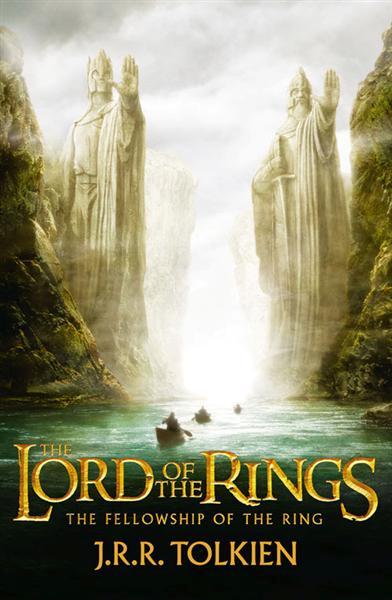 Tolkien has his flaws but being unable to build believable yet fantastical cities is not one of them. I’d would love, I mean give an arm or something, to walk the ways of
Tolkien has his flaws but being unable to build believable yet fantastical cities is not one of them. I’d would love, I mean give an arm or something, to walk the ways of 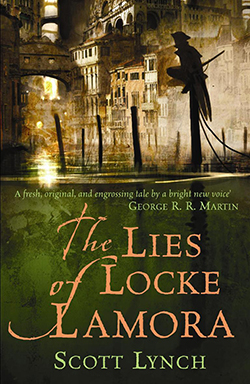 Other cities come near to that status in my mind (hey, you never forget your first love). Camorr, from Scott Lynch’s
Other cities come near to that status in my mind (hey, you never forget your first love). Camorr, from Scott Lynch’s 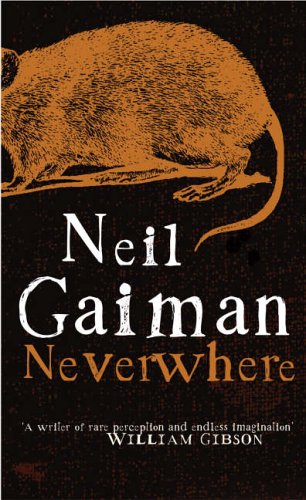
 Minas Tirith and Edoras reflect the men and women who live there – on constant guard, where skill at arms isn’t just posturing, it’s necessary, and so are the defences and the oaths and honour the people who live there take so very seriously, and for good reason – oaths and honour are perhaps all that have kept them alive all this time against what lies to the East.
Minas Tirith and Edoras reflect the men and women who live there – on constant guard, where skill at arms isn’t just posturing, it’s necessary, and so are the defences and the oaths and honour the people who live there take so very seriously, and for good reason – oaths and honour are perhaps all that have kept them alive all this time against what lies to the East. 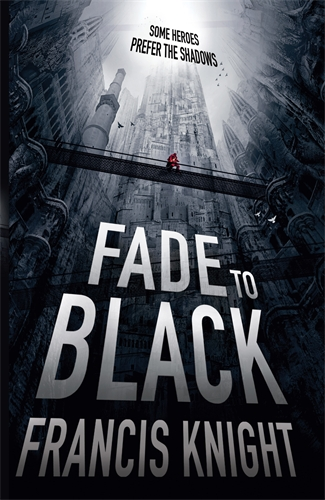 So when I started ‘building’ Mahala for
So when I started ‘building’ Mahala for 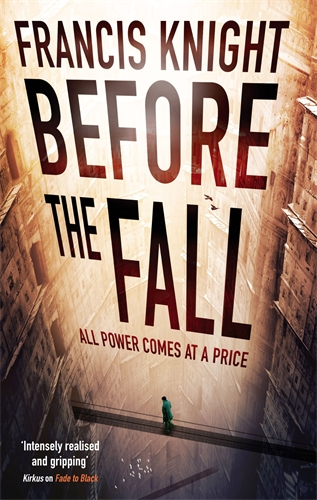
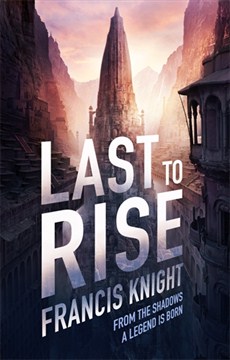
 When I was told that Orbit Books was releasing the entire Acts of Caine series in the UK, I let out a cheer. I am, unapologetically, a huge fan of this series of books, full as they are of action, adventure and grippingly written violence – along with classic dystopian themes, observantly written (and massively, compellingly flawed) characters, and world-building I’m jealous of as a writer even as I’m impressed with it as a reader. This is the series that put its author Matthew Stover on my map as someone whose books I had to read, no matter what he was writing.
When I was told that Orbit Books was releasing the entire Acts of Caine series in the UK, I let out a cheer. I am, unapologetically, a huge fan of this series of books, full as they are of action, adventure and grippingly written violence – along with classic dystopian themes, observantly written (and massively, compellingly flawed) characters, and world-building I’m jealous of as a writer even as I’m impressed with it as a reader. This is the series that put its author Matthew Stover on my map as someone whose books I had to read, no matter what he was writing.